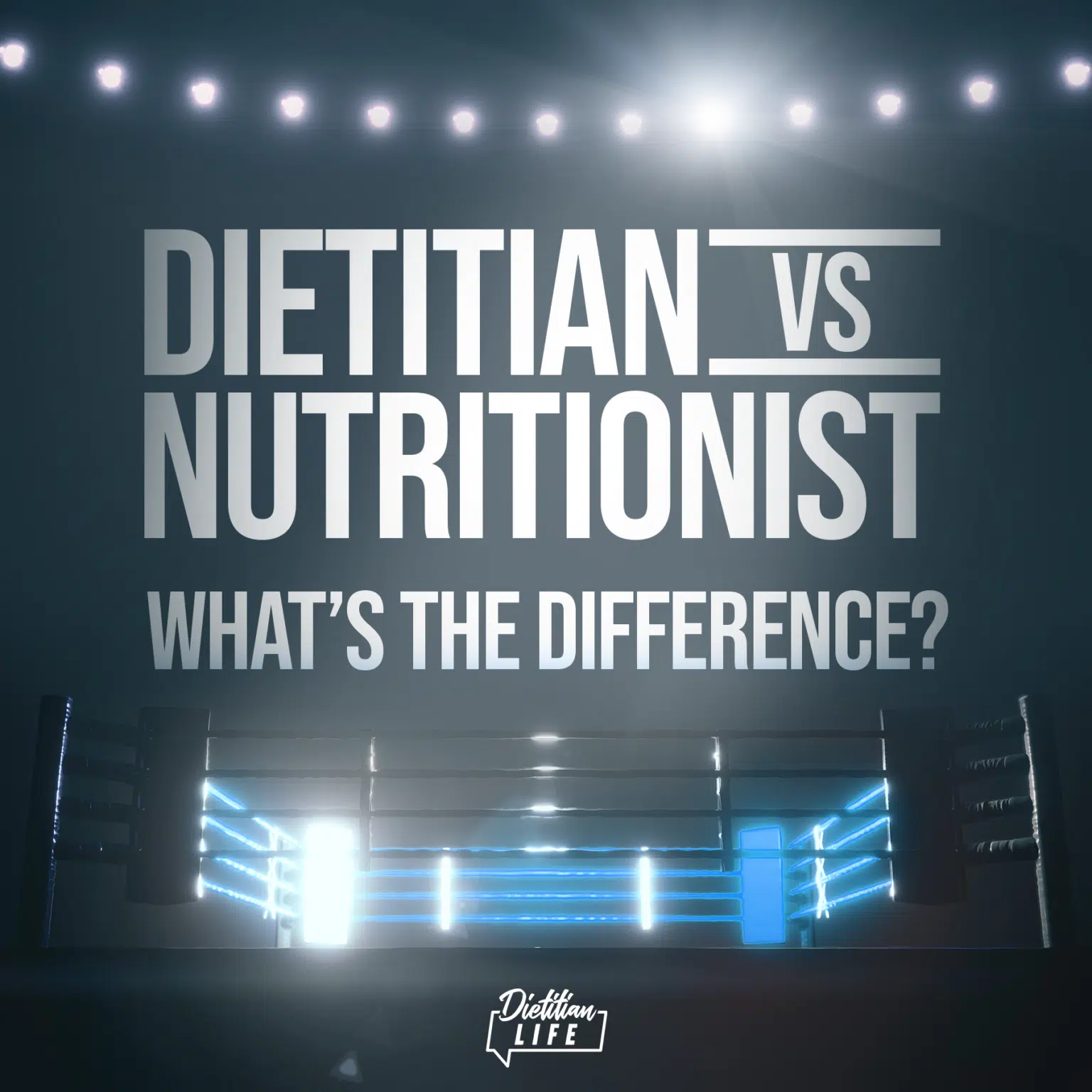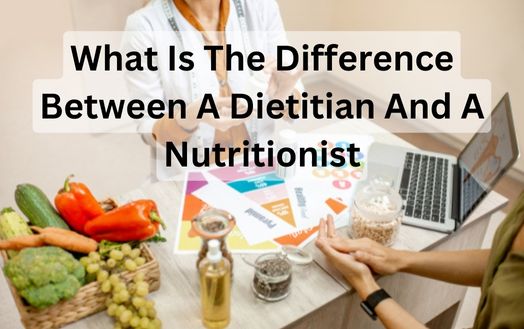All Categories
Featured
Table of Contents
-1
In the United States and numerous other countries, a dietitian is a board-certified food and nourishment professional. They are extremely informed in the area of nutrition and dietetics the scientific research of food, nourishment, and their effect on human health. Through extensive training, dietitians get the competence to offer evidence-based clinical nourishment treatment and dietary counseling customized to satisfy a person's demands.
-1To gain these qualifications dietitians-to-be must initially gain a bachelor's level or equivalent debts from a certified program at a college or university. Commonly, this needs an undergraduate science level, consisting of courses in biology, microbiology, organic and not natural chemistry, biochemistry and biology, composition, and physiology, as well as more specialized nutrition coursework.
Consultant Nutritionist
-1This permits them to evaluate intense needs, prioritizing lethal conditions. Inpatient and outpatient dietitians additionally give nourishment education and learning to people with specialized demands, such as those recently out of surgical procedure, in cancer treatment, or detected with chronic health problems like diabetes mellitus or kidney disease. In the outpatient setting, they provide more thorough nutritional therapy functioning towards a nutrition-oriented goal.
-1Study dietitians typically function in research study healthcare facilities, organizations, or universities. As soon as dietitians have earned their qualifications and are working in the area, they can go on to specialize in a specific subcategory, such as pediatric medicines or sports dietetics.
-1Others may function as health and wellness and nutrition specialists in media or as public speakers (Sports Dietitian). Dietitians are qualified to handle nutrition therapy throughout a span of acute and persistent conditions.
Private Practice Dietitian – Victoria Park
-1In lots of states, such as Alaska, Florida, Illinois, Maryland, Massachusetts, and Pennsylvania, RDs and CNSs are given the exact same state certificate, normally called a Certified Dietitian Nutritional Expert (LDN) permit. In states that don't manage using this term, anybody with a rate of interest in diet plan or nutrition may call themselves a nutritionist.
-1Due to the fact that uncredentialed nutritional experts usually lack the competence and training for clinical nutrition treatment and nutrition therapy, following their suggestions can be considered hazardous (). Prior to seeking advice from a nutritional expert, you might intend to inspect whether your state controls who might use this title. In the united state states that don't control the term, no levels or qualifications are needed to be a nutritionist.

-1
In states that do mandate licensure, the CNS or RD credential may called for. Those with CNS qualifications are wellness professionals like registered nurses or physicians with advanced health and wellness degrees who have sought additional coursework, finished monitored technique hours, and passed an exam supervised by the Board for Accreditation of Nourishment Specialists.
-1While several of these methods might have durable scientific support, others might not. Providing nutrition guidance without the proper knowledge and training can be harmful, especially when counseling those with health problems. If you are considering getting in touch with a nutritional expert, you might desire to ask if they are a CNS or have state licensure or certification, or one more credential.
Fertility Nutritionist – Victoria Park
-1Several states especially manage this term. Additionally, nutritionists might pursue an advanced CNS accreditation.
-1It can be challenging to help people make real, enduring adjustments in their lives. Both dietitians and nutritionists provide a variety of nutrition-based services to customers.
-1They must have finished some level of education in their area. They are additionally required to have completed approximately a year of supervised job, working within a directed program at a medical care facility, catering service, or community body. Dietitians have much greater expectations positioned on their capabilities and level of professionalism and trust.
-1This indicates that there is no body that supervises their credentials and no especially rigid standards that nutritionists requirement to follow in order to be able to exercise. Dietitians, on the other hand, are registered with nationally acknowledged bodies, such as the Dietitians Organization of Australia. They must comply with the National Competency Specifications for Dietitians.
Accredited Practising Dietitian – Victoria Park

-1
Nonetheless, you can practice as a nutritionist without the very same level of certification as a dietitian. Nutritionist courses can vary in length and quality, with some as short as 6 weeks and covering much less material than a dietetics course. Depending upon your education service provider, you can obtain a substantial quantity of understanding via researching a simple nourishment course; nonetheless it is very important to check out the course content before starting.
-1This can consist of attending industry seminars or checking out industry magazines. Nutritionists, on the various other hand, generally gain their certifications in order to supplement other certifications and give much better guidance to their customers. Nutritional experts can acquire employment in a large range of areas, consisting of public health advice, guidance for individuals, and collaborating with exclusive organisations.
-1Nutritional experts can function with sporting organisations, health clubs, schools and recommend media electrical outlets on basic terminology and right use of terms. Dietitians can work in many of the same functions as nutritionists.
Accredited Sports Dietitian ( Victoria Park)
-1Dietitians frequently function with more clinically sensitive customers. These can consist of those with diabetes, allergies, obesity, cancer and gastrointestinal illness. As a result of the high level of understanding called for to provide services to these individuals, only recognized dietitians are permitted to provide treatment. Several of the higher level functions with healthcare organizations can be really satisfying, and pay fairly well.
-1In Australia there is a difference in between a dietitian and various other nutritional health and wellness service providers including nutritionists. All dietitians are nutritionists, however nutritional experts without a dietetics certification can't call themselves a dietitian. While there are similarities in between a dietitian and nutritional expert there are distinctions in qualifications and law. The dietetic occupation is managed and meets strict requirements as laid out by the National Alliance of Self Regulating Health Professions (NASRHP).
-1Dietitians with the Accredited Practising Dietitian (APD) credential commit to continuous training and education throughout their jobs. They follow our standard procedure. Dietitians have the understanding and skills located in the National Expertise Specifications for Dietitians. As a profession, nutritional experts are not managed in Australia under NASRHP or accredited under a single regulative body.
Bariatric Dietitian – Carlisle 6101
-1If you have a chronic health problem and a care strategy from your GP, you might have the ability to claim a Medicare discount when you see an APD. Discover more concerning aid with prices when seeing a dietitian. The primary objective of individuals functioning in the profession of dietetics is symbolized in this declaration: The profession of dietetics adds to the promotion of wellness and the avoidance and treatment of disease by optimising the nutrition of populaces, communities and people.
Latest Posts
What Is The Best 6 Month Gym Transformation App?
Weight Loss Diet Programs – [:uarea] [:postcode]
How Do I Find A Fat To Fit Transformation Service?